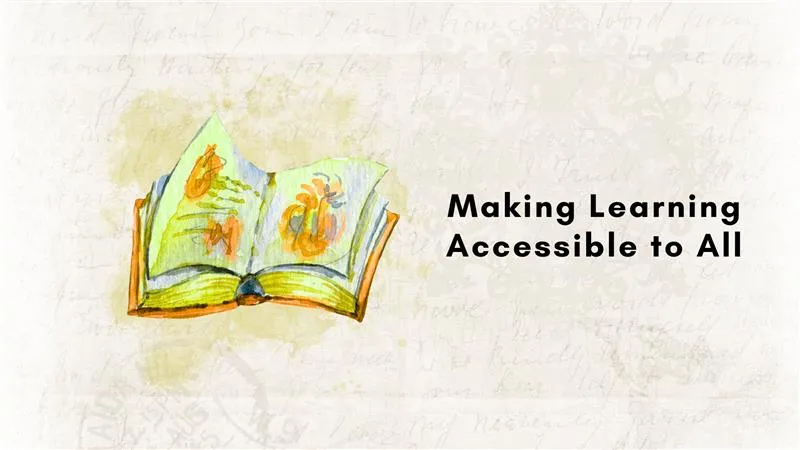Adapting All Types of Language Solutions for Education for Global Markets
Language solutions for education and eLearning are something to think of before launching your educational materials, whether it is an e-learning website, books, or even curriculums. You need to think of how your audience will receive it and how they will understand it if it is in a different language that they’re unable to communicate with. This is where the role of e-learning localization and different types of education localization come to be essential.







